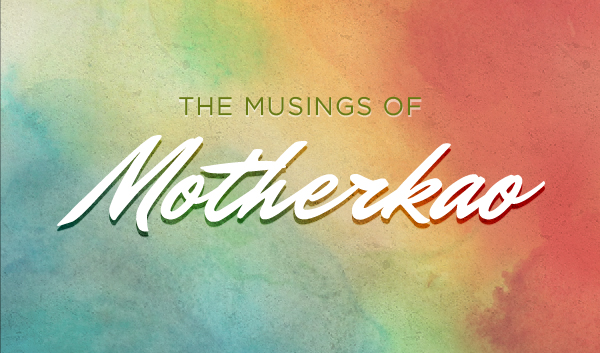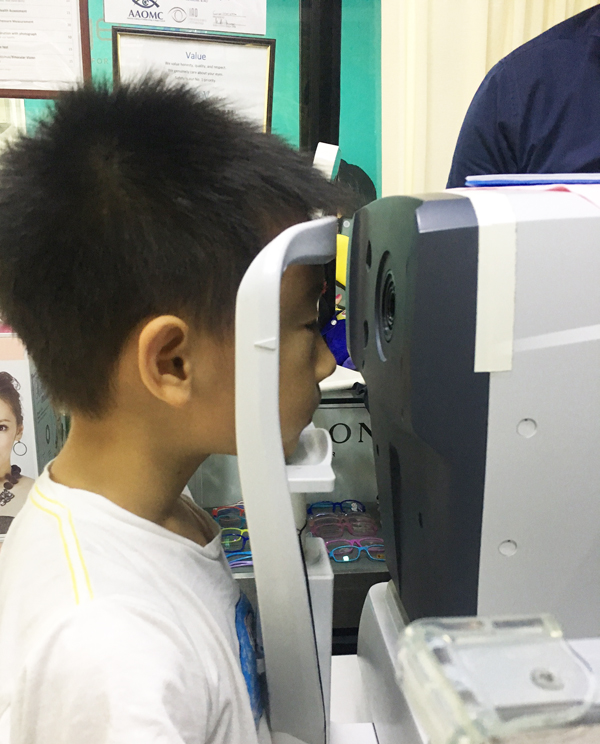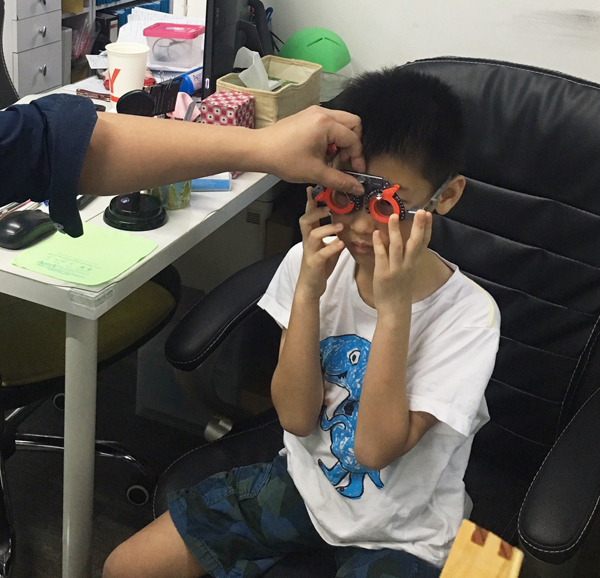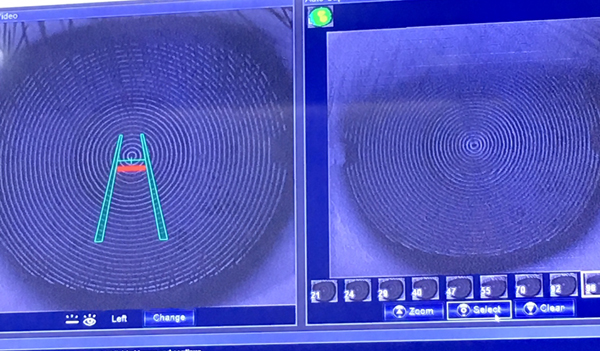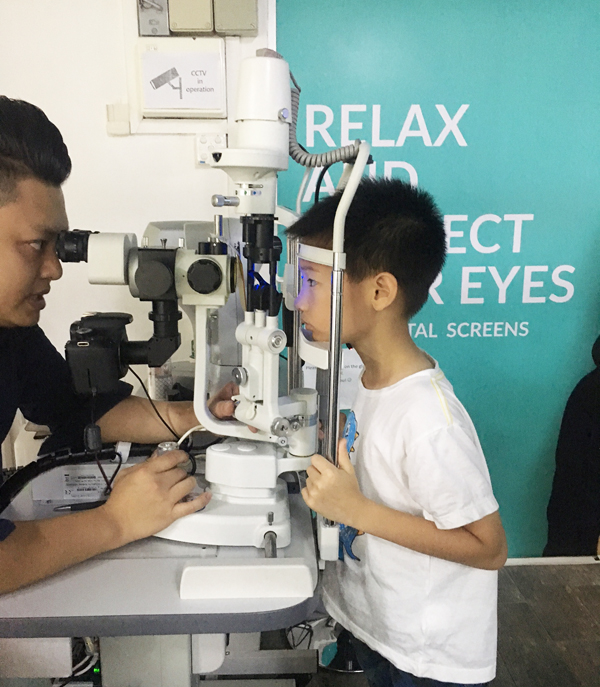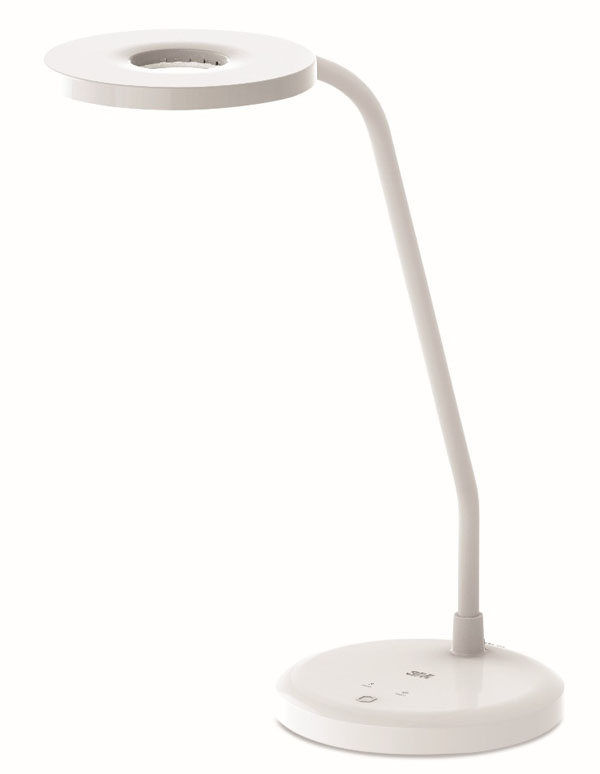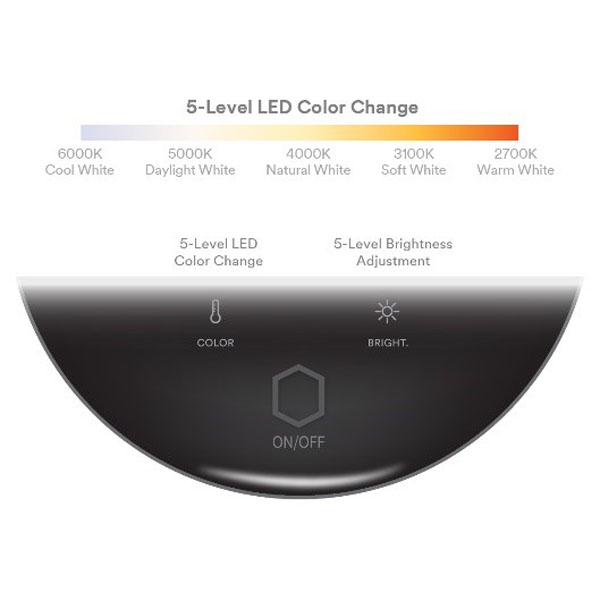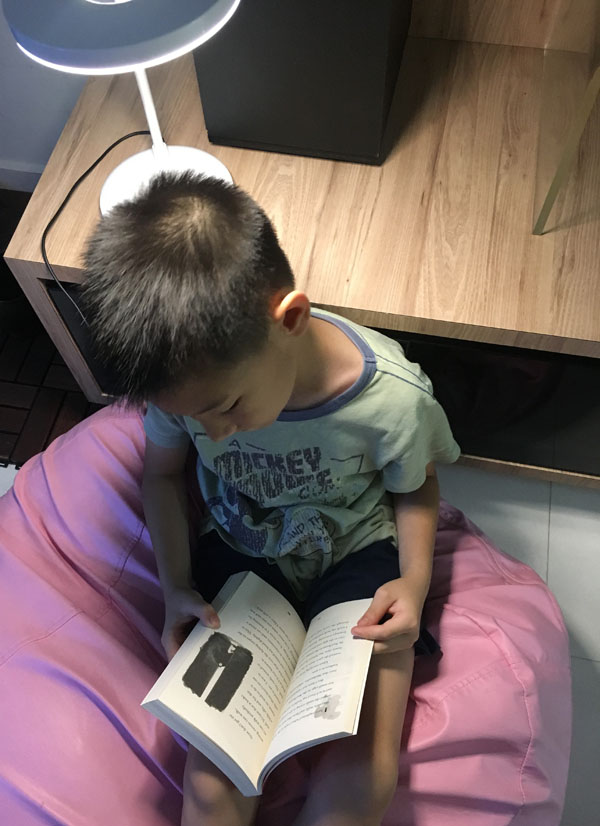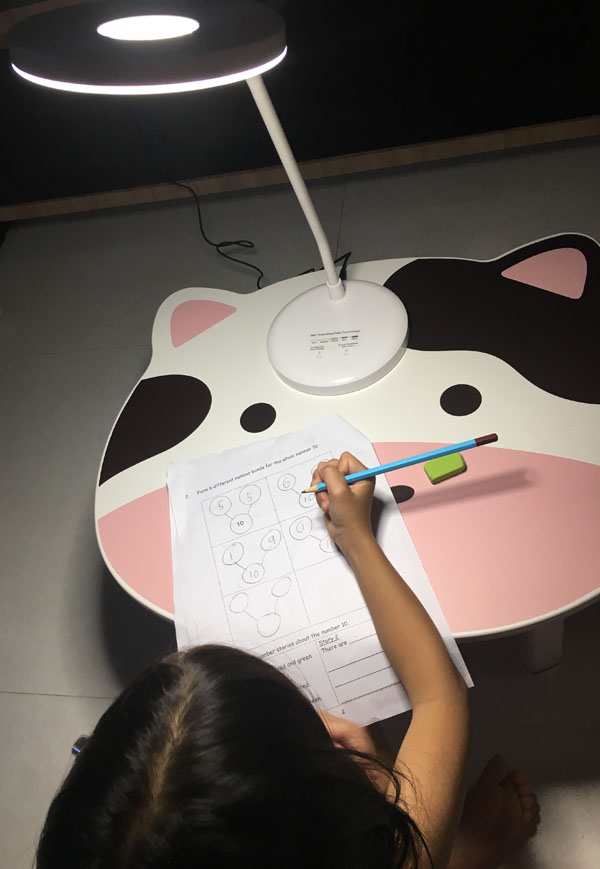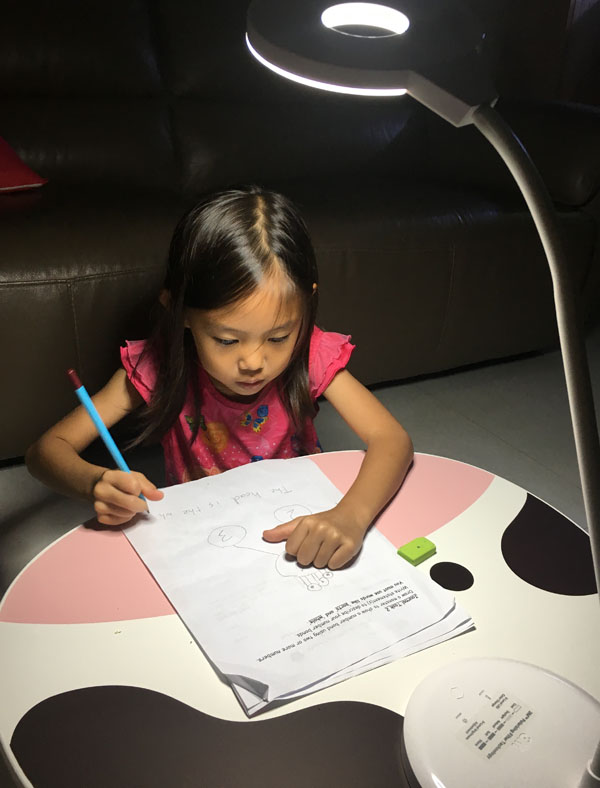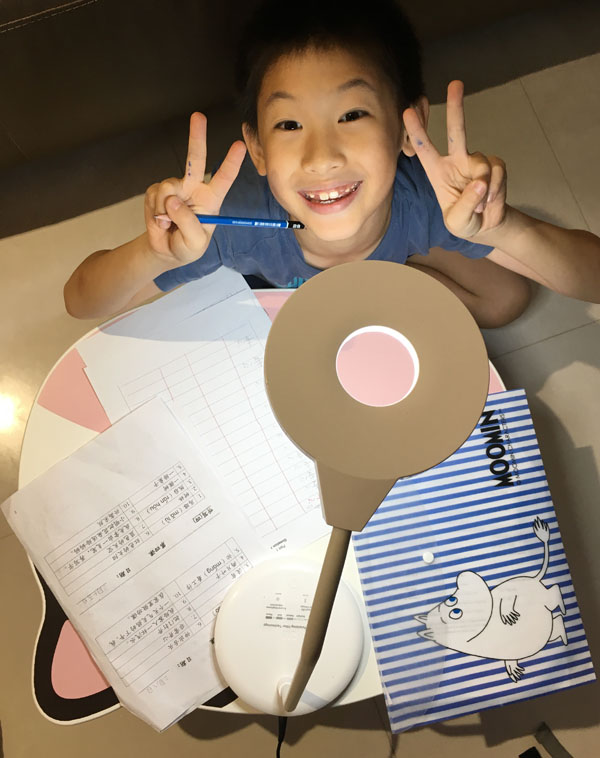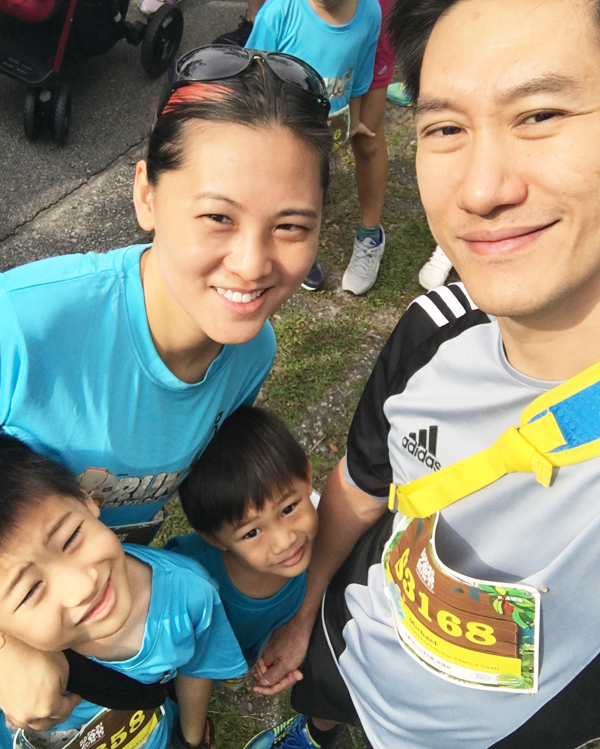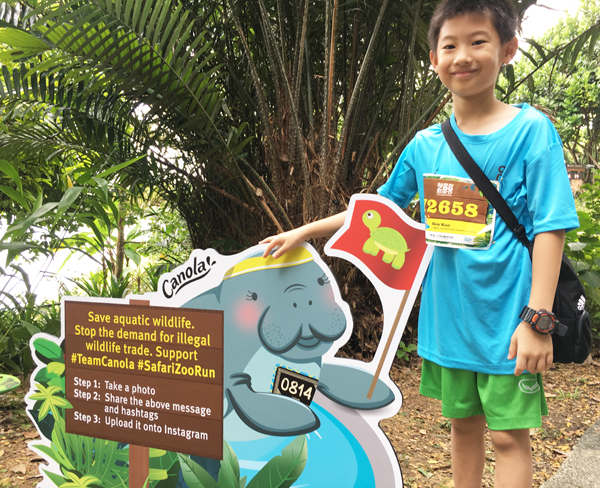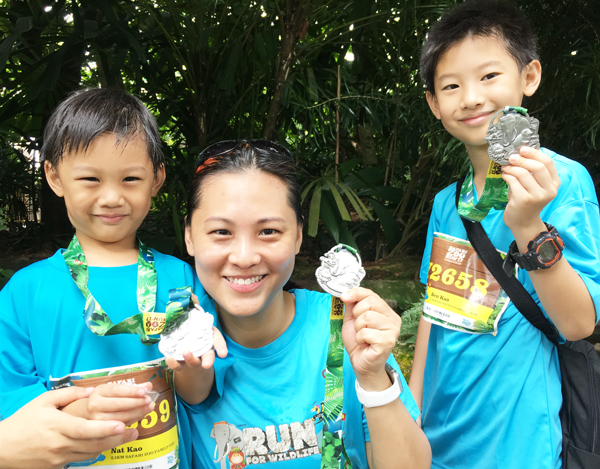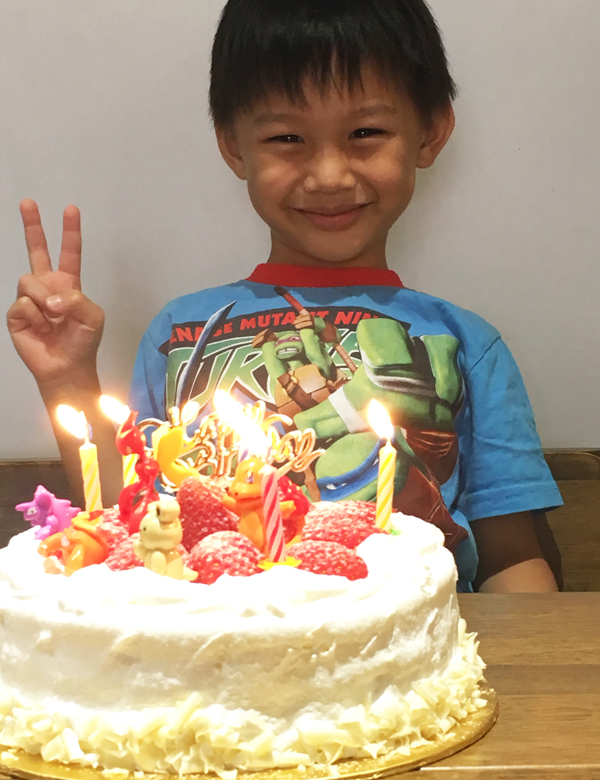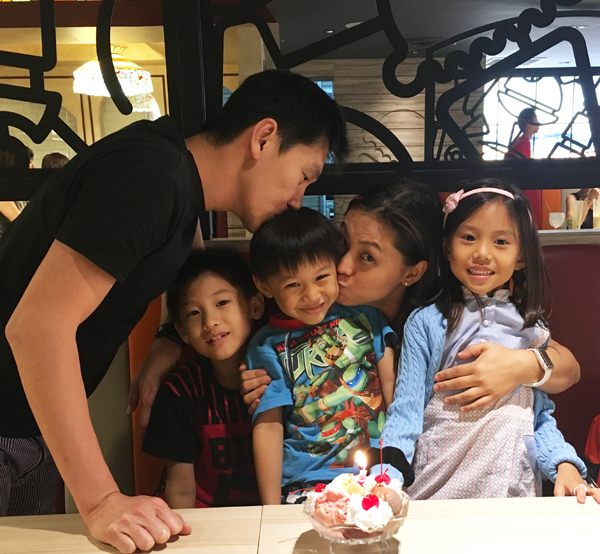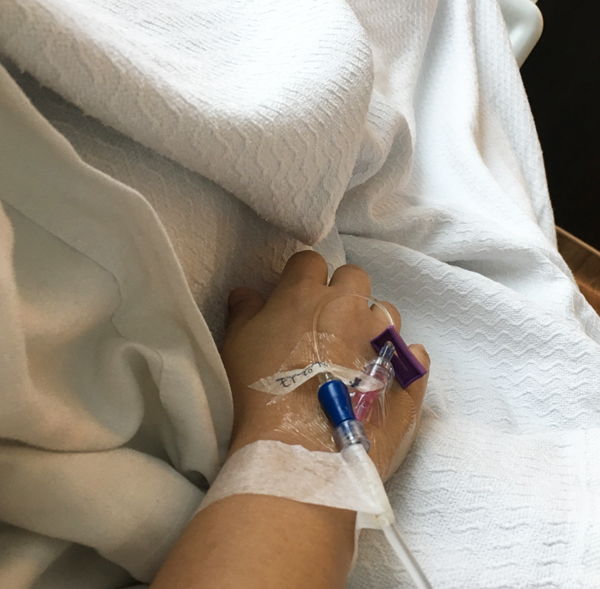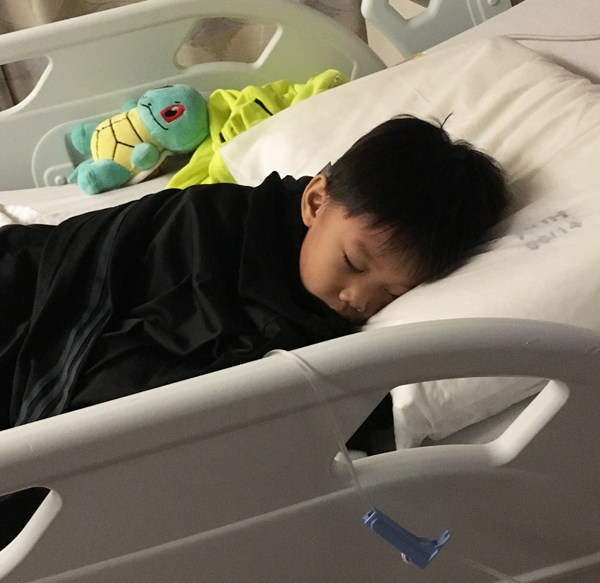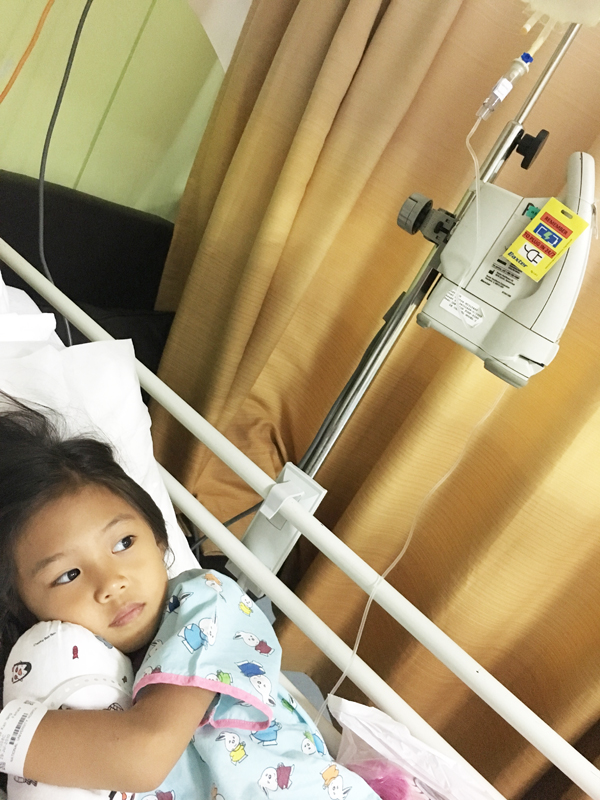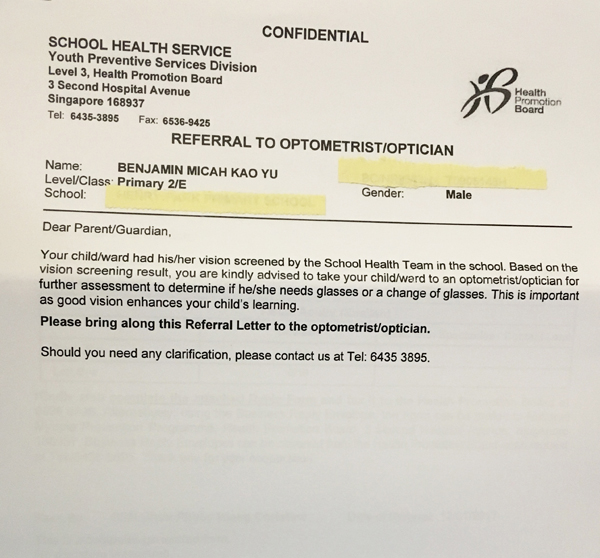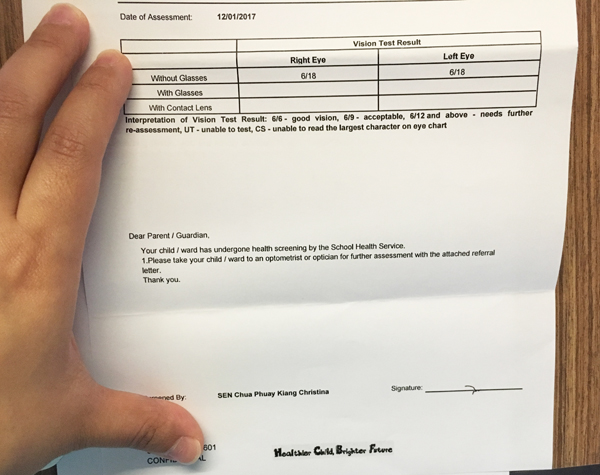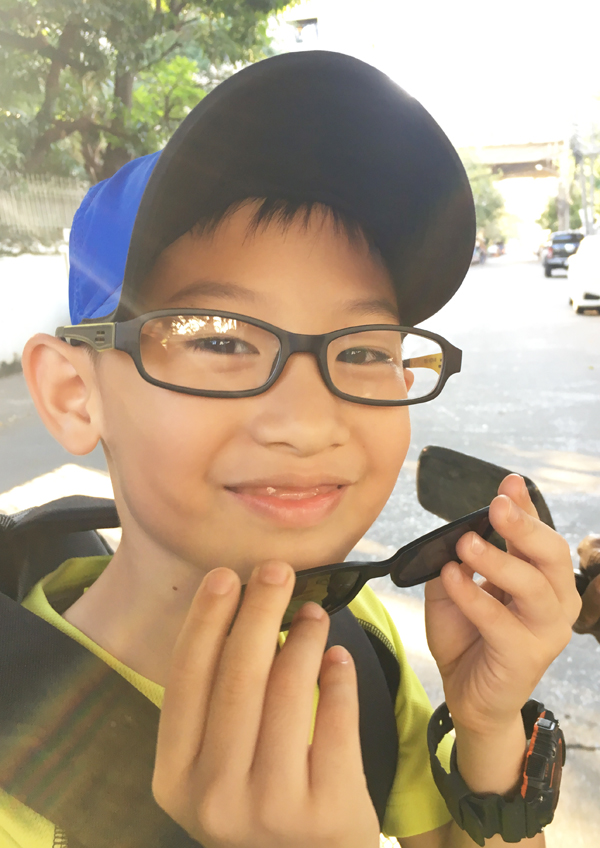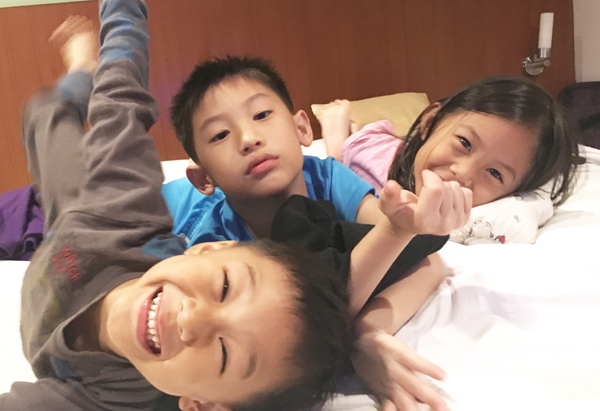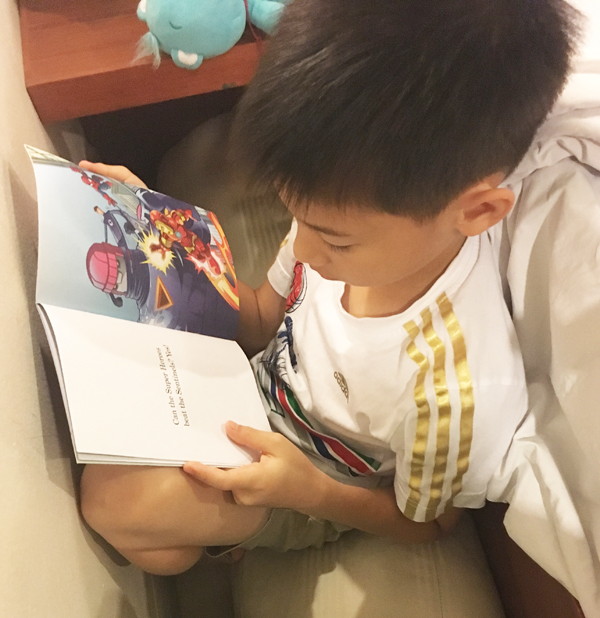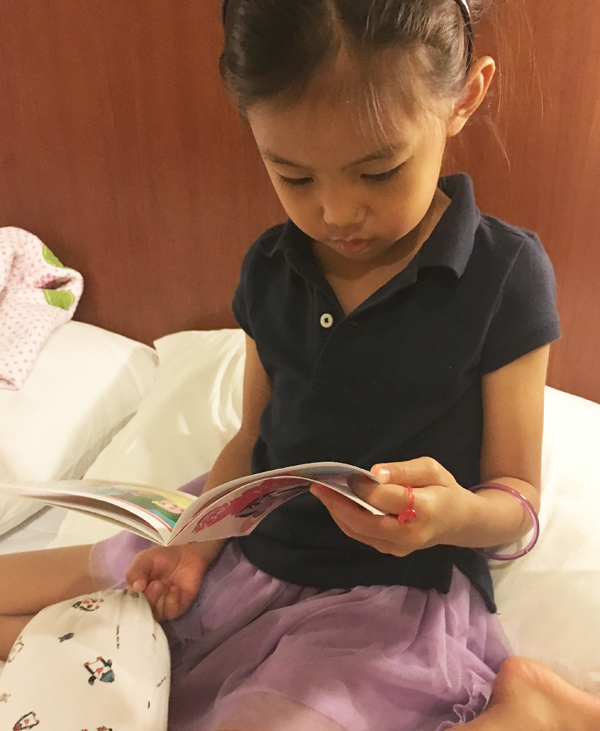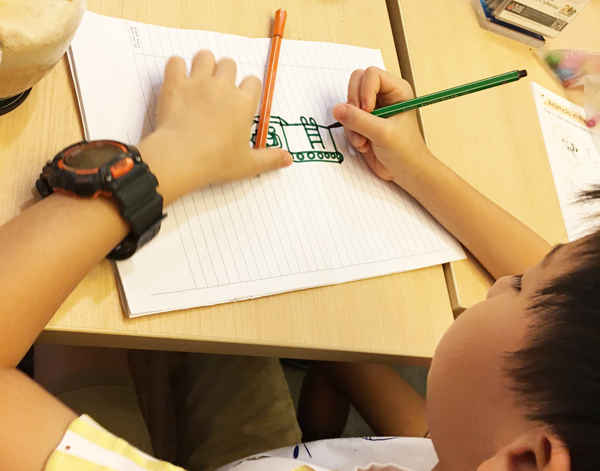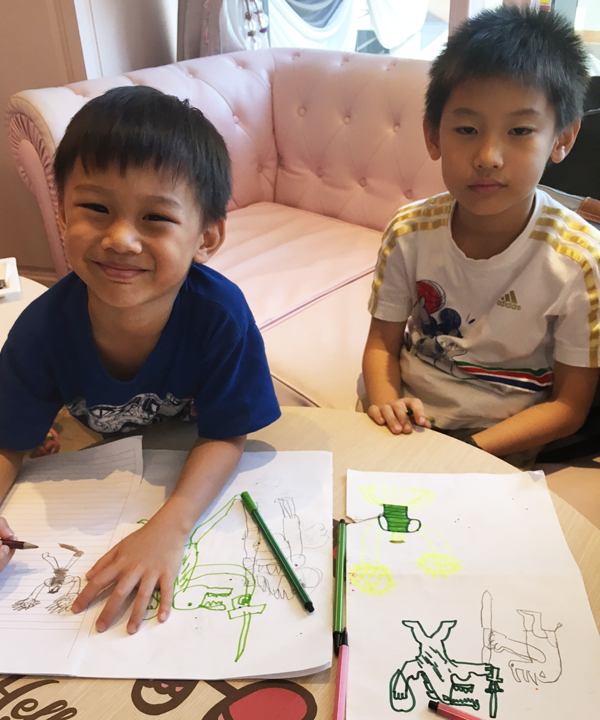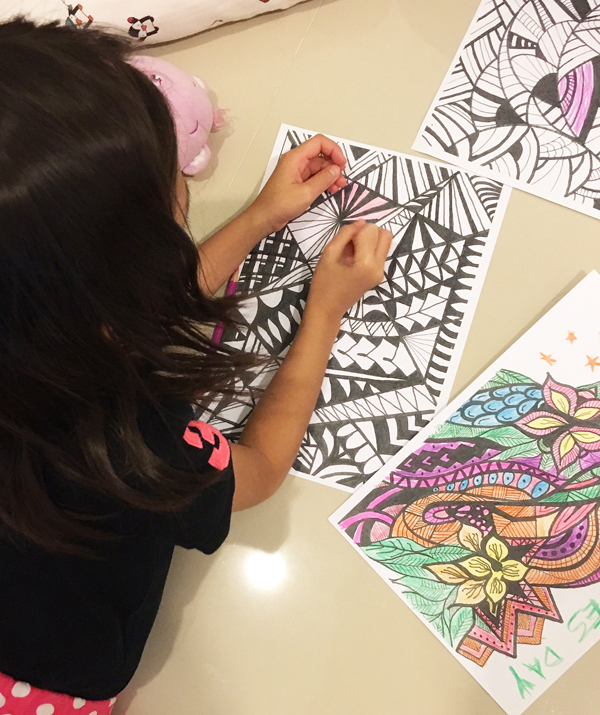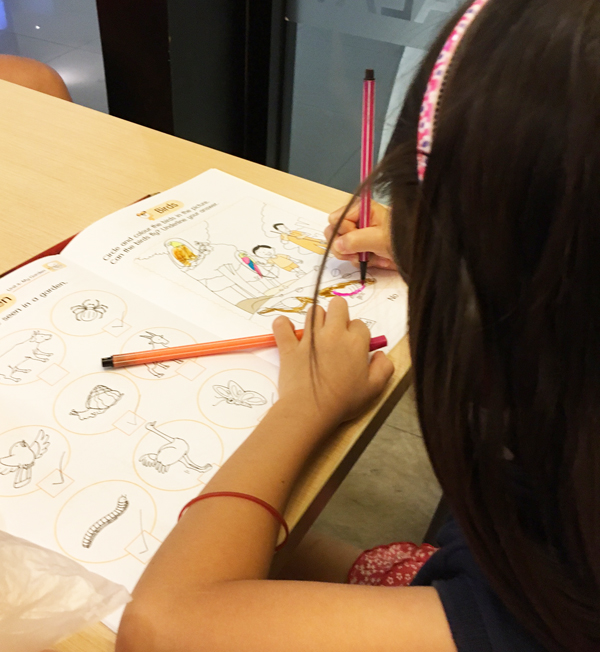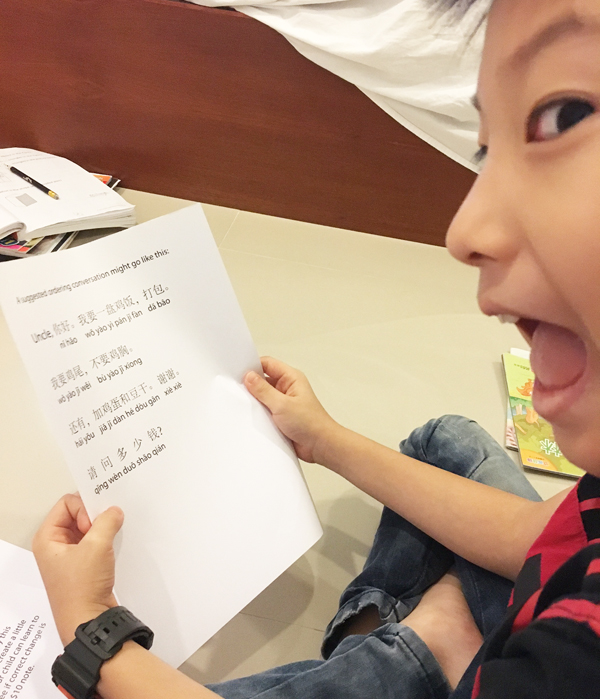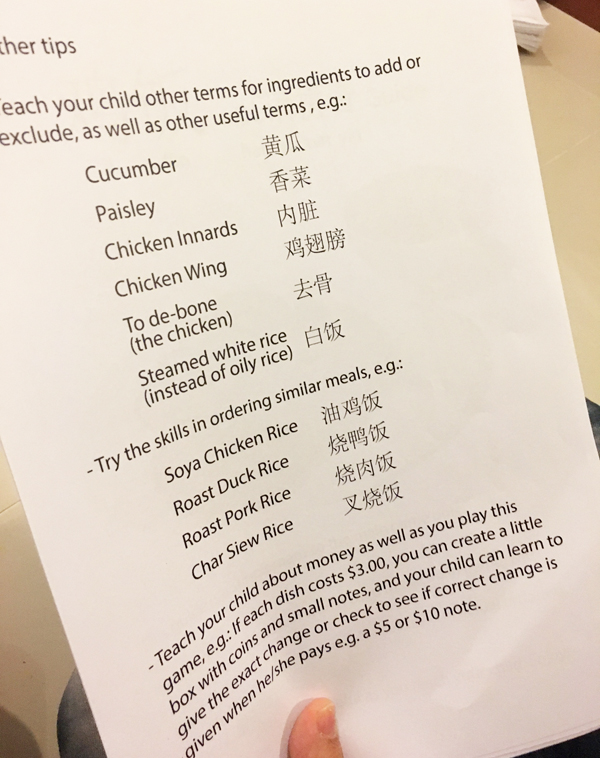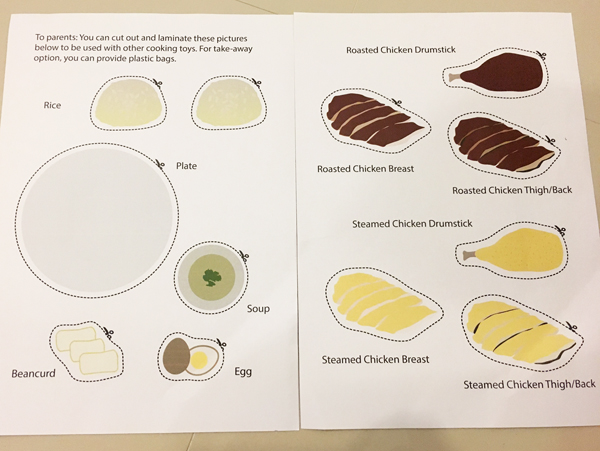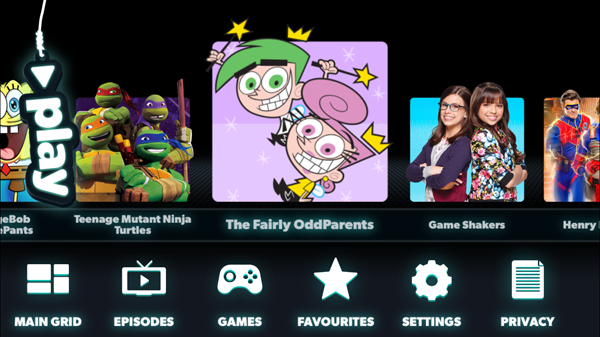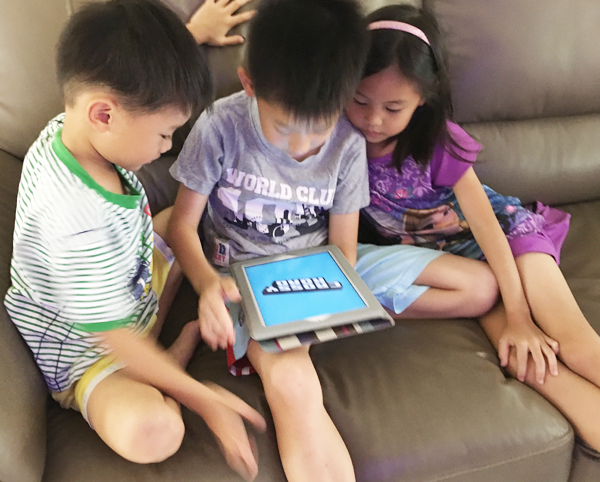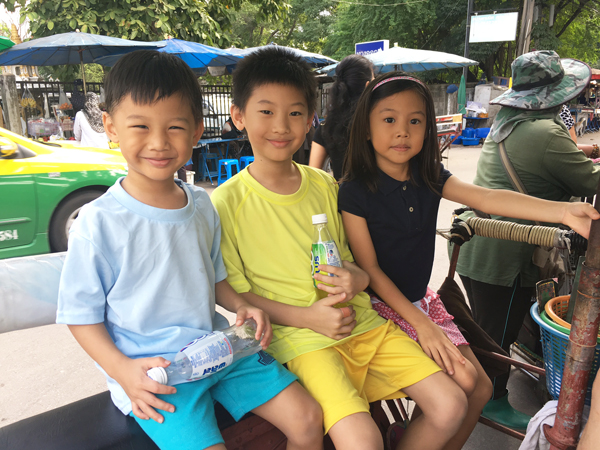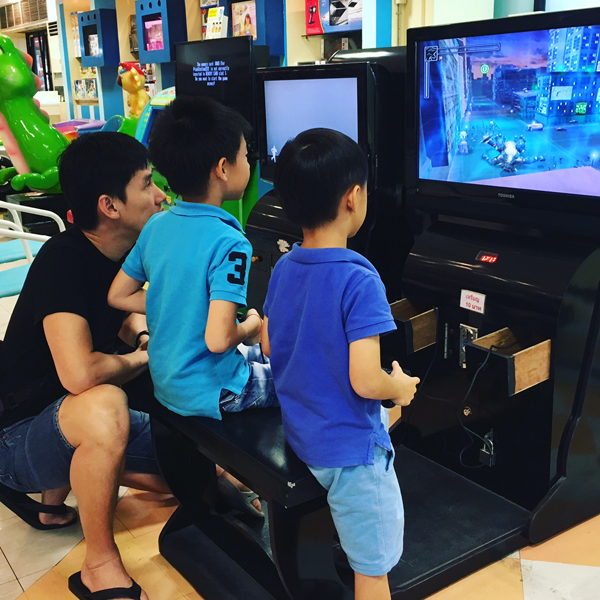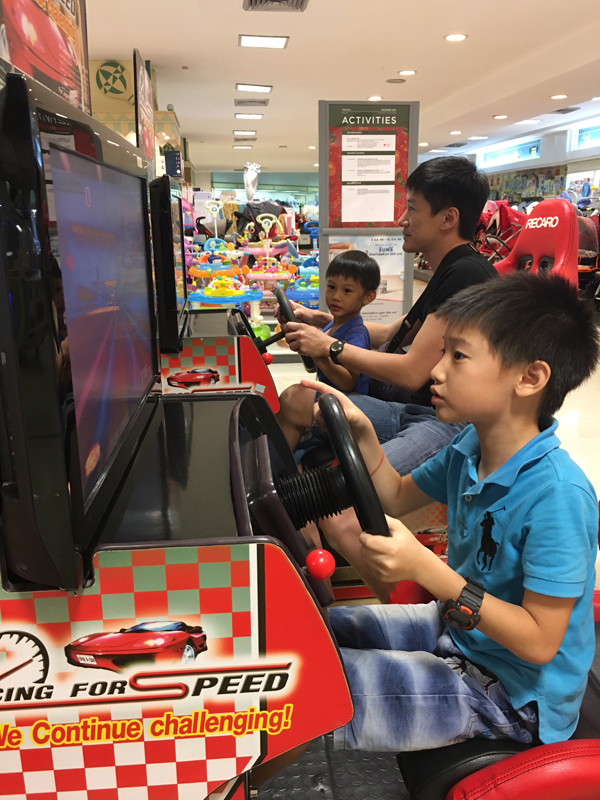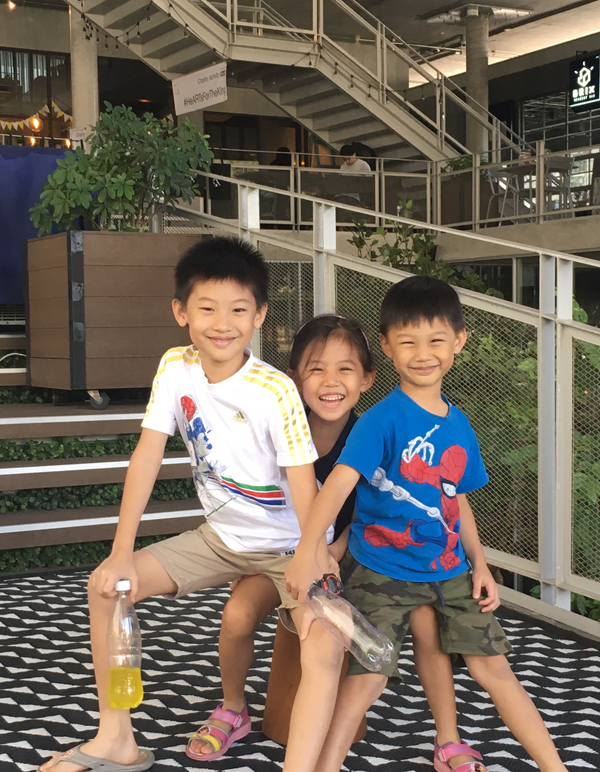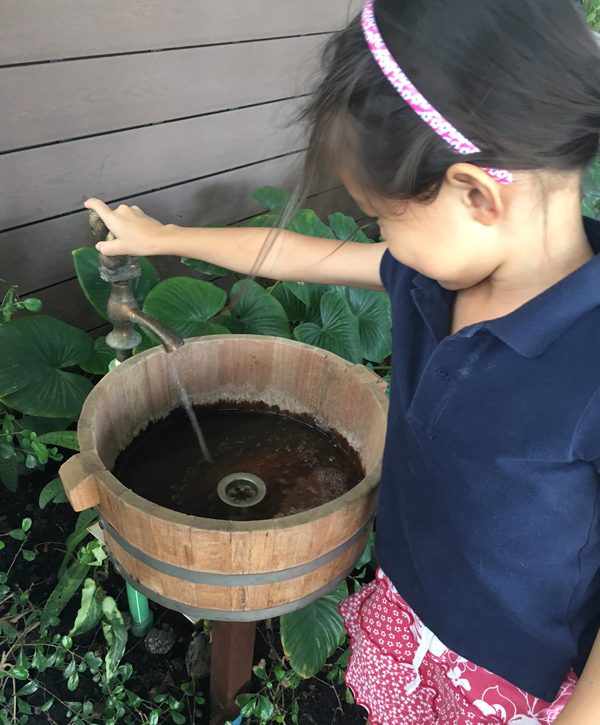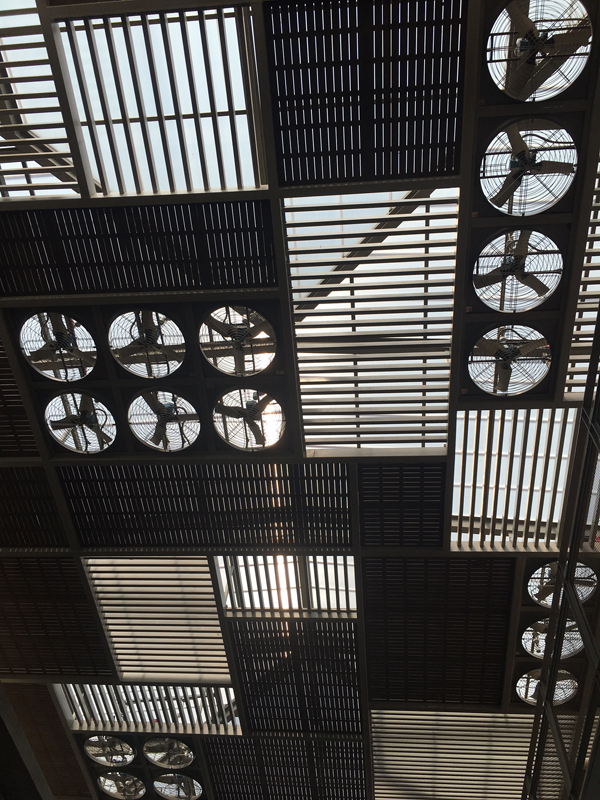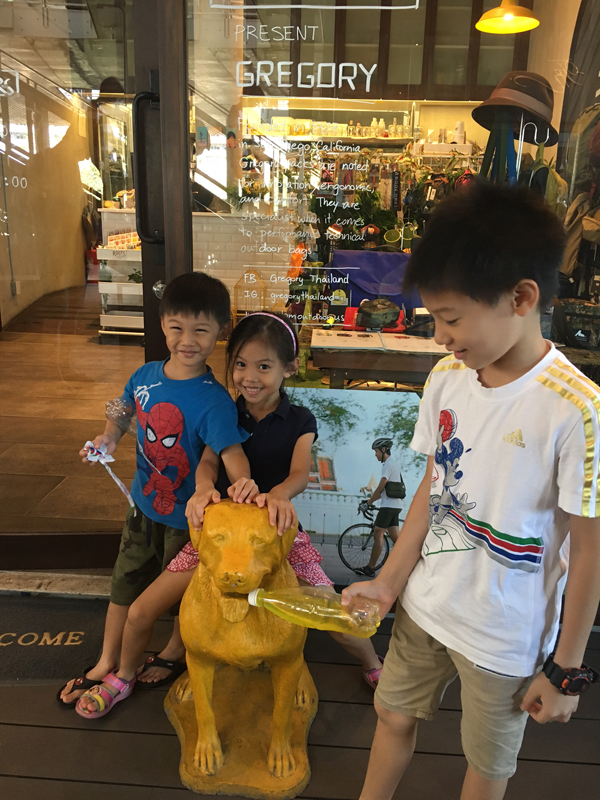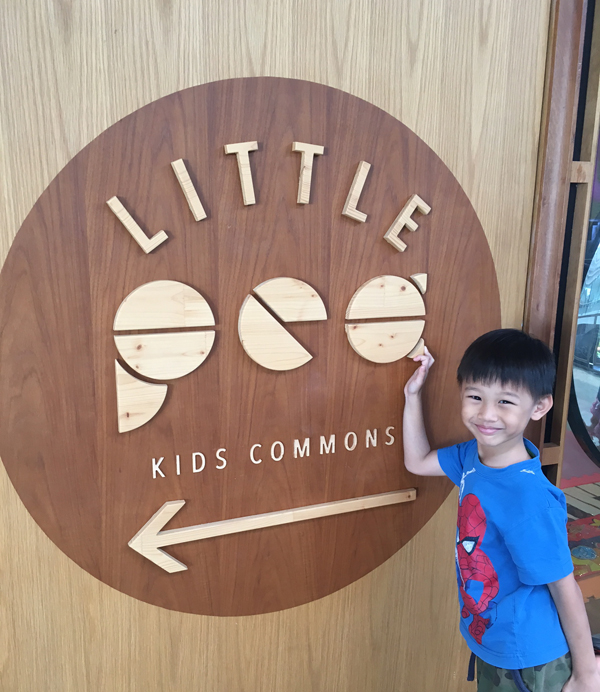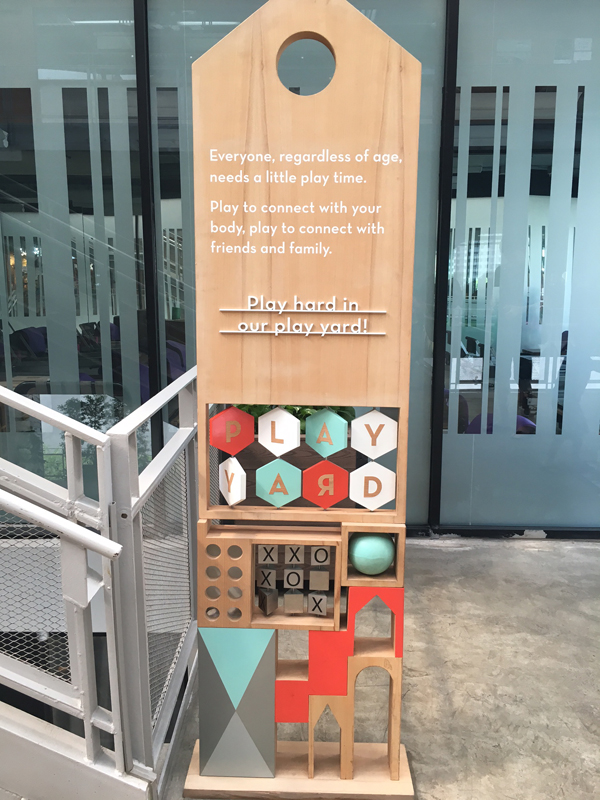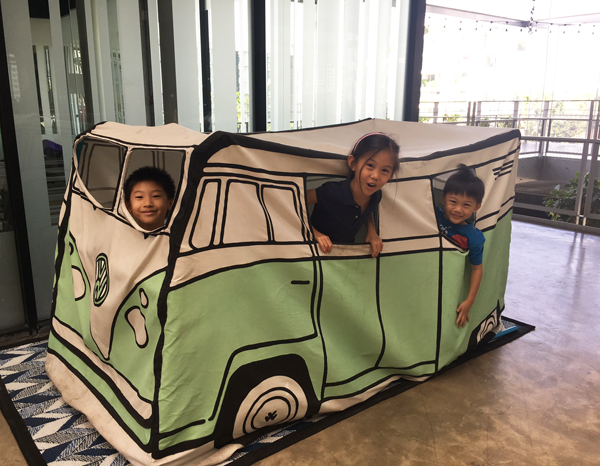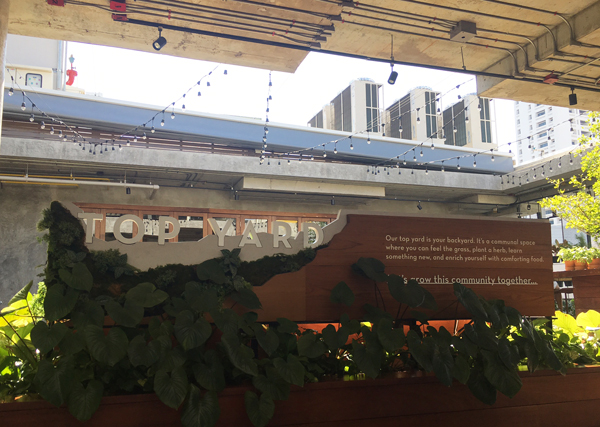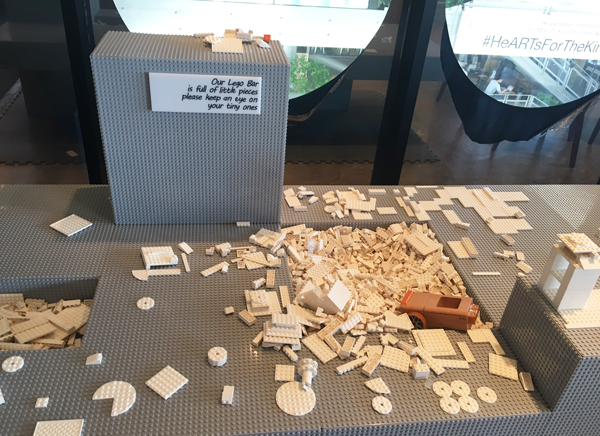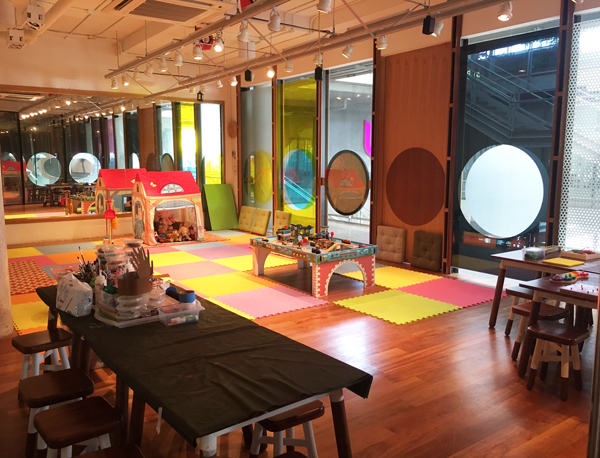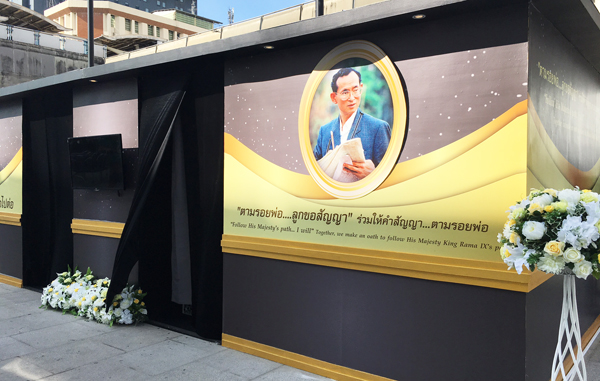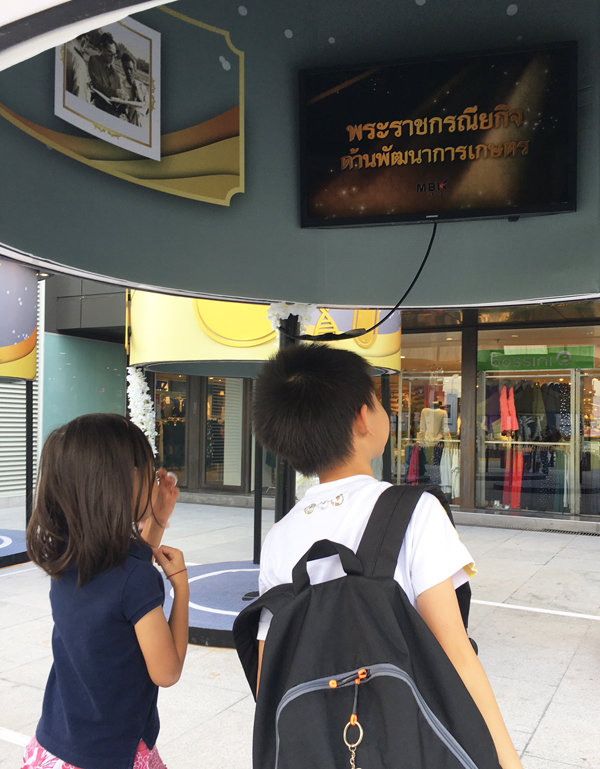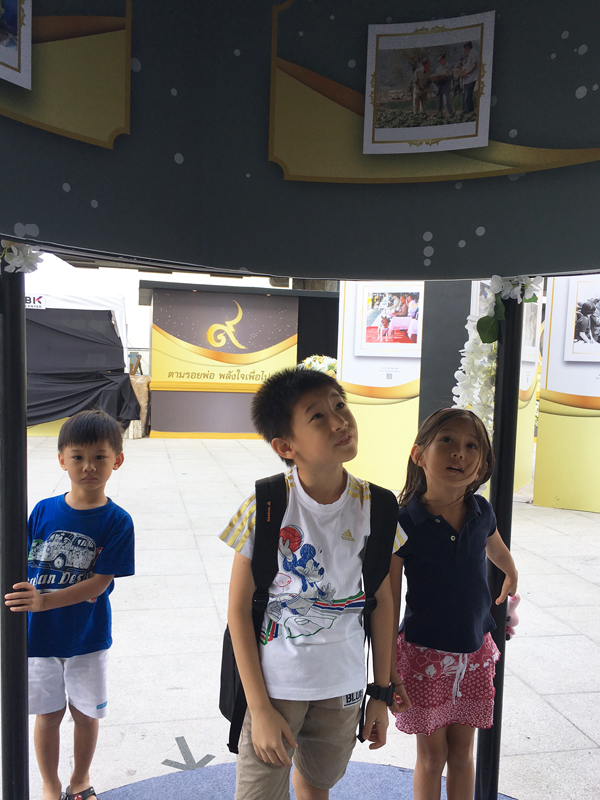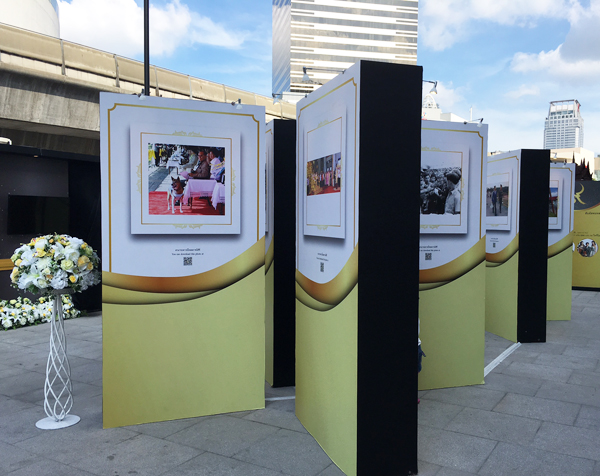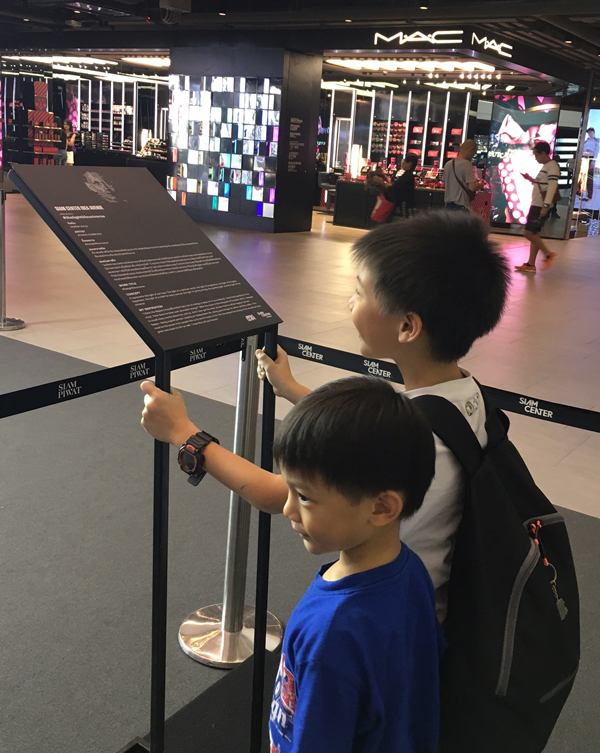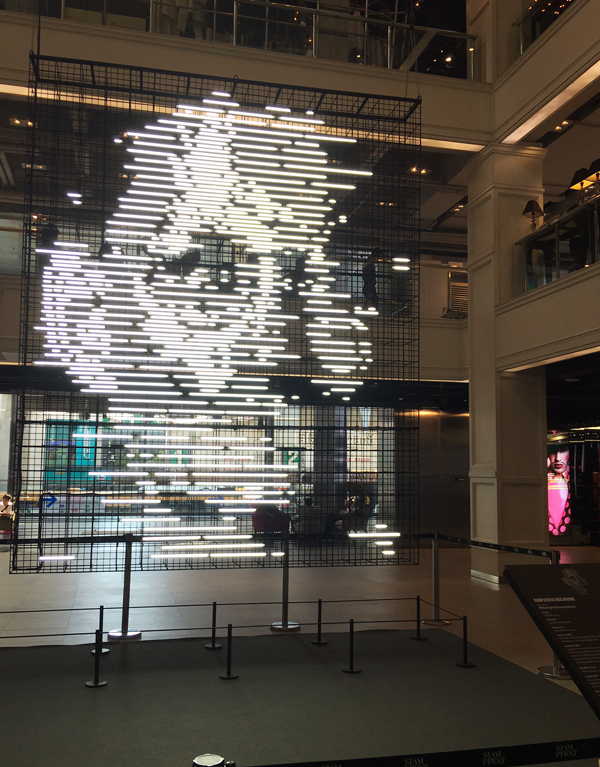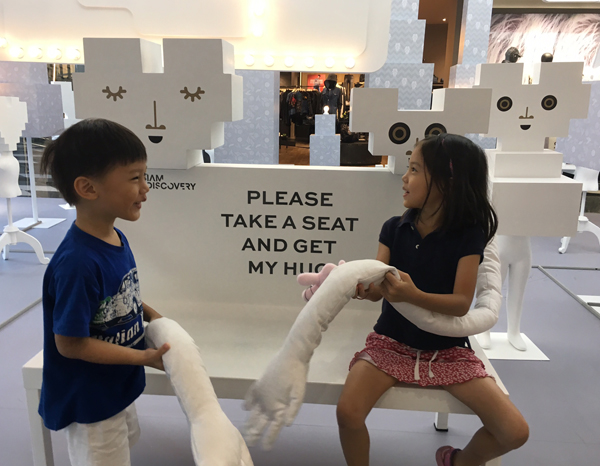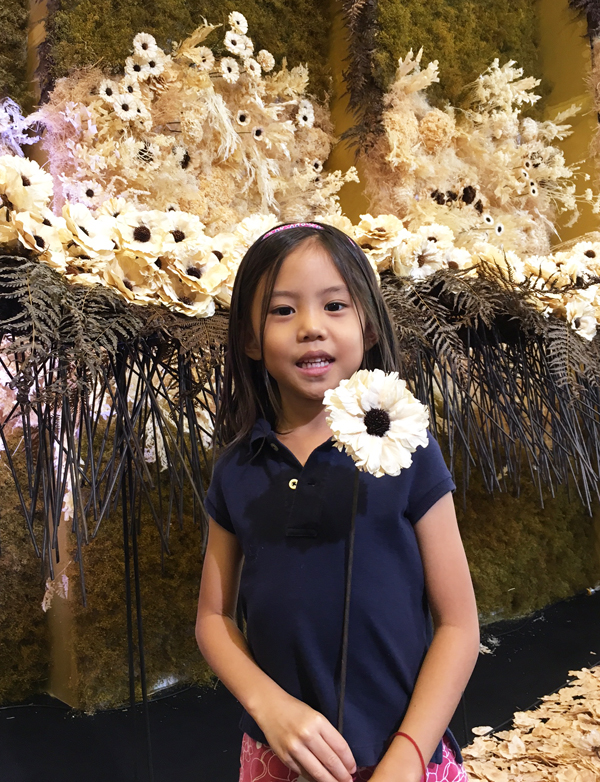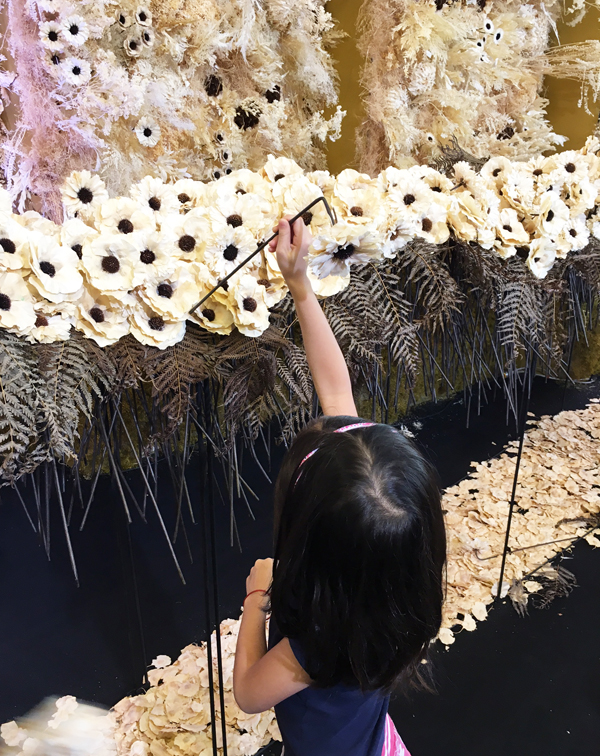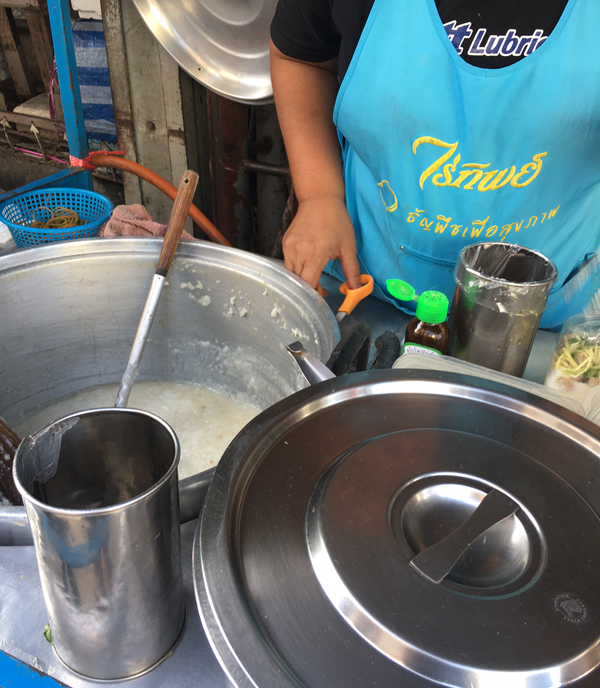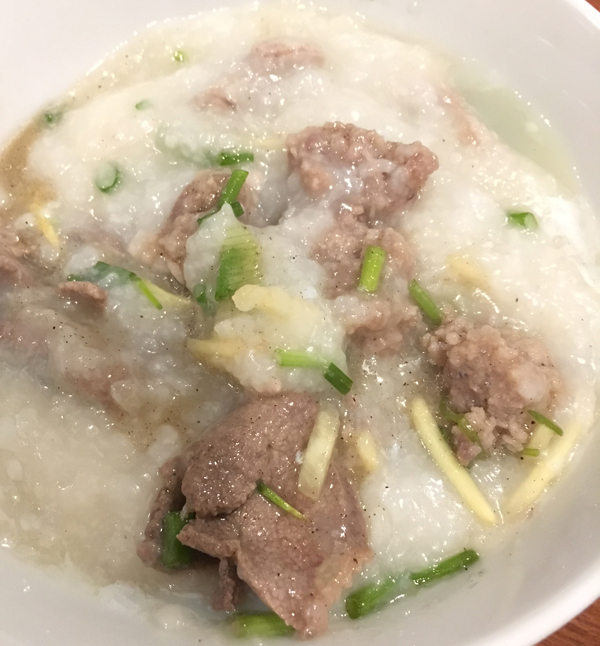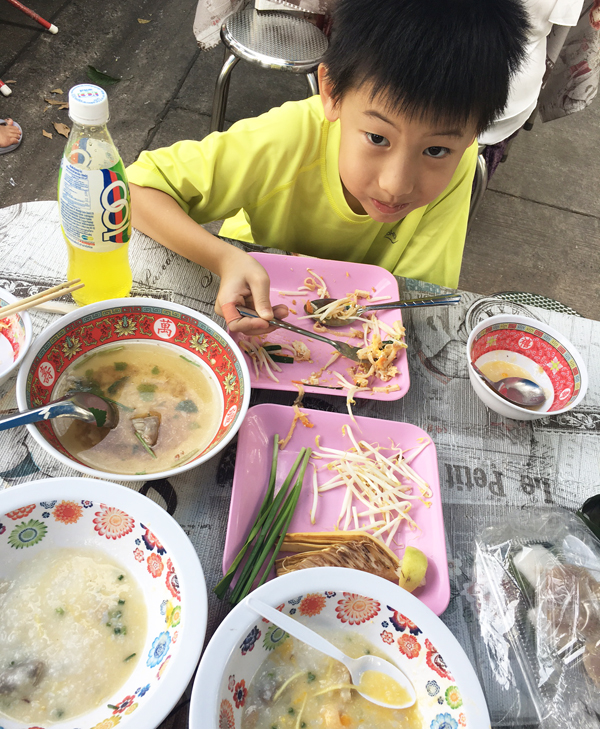So I last posted in January that I was super bummed that myopia and astigmatism had finally hit my firstborn (ugh, sneaky thing), which started me on my quest to gather research about childhood myopia and how to control it.
There’s tons of literature out there about myopia being acquired and/or inherited and most research shows that it’s a combination of both genes and environmental factors that lead to bad eyesight. And if genes has a part to blame, then I am indeed worried. Because growing up, I had severe myopia and astigmatism. The type that inconveniences your life. Like not being able to even see your toes when you shower. And the last thing I want to witness in my kid is him going through the anguish I did: my myopia and astigmatism rose rapidly every half a year starting from age 7 and there was nothing I could do to stop it from deteriorating. And with every passing year, I would be in spectacles half an inch thicker than before, and this was the narrative of my sad story of the long drawn battle against myopia from age 7 all the way to age 23.
Which sucked. Big time.
Anyway. With this excruciatingly crappy experience with poor eyesight (until the beautiful five-letter word made my world), I was determined NOT to let it hinder the joys of growing up for Ben. Imagine being knock out of your glasses in a ball game, losing your spectacles when your canoe overturns, and having someone step on your glasses, breaking it so bad you got to tape your specs and wear them to school to the amusement of all your classmates, AND the worst of all, being chosen as a flower girl and having to put on those horrible looking speckys and having the photographs of you looking like NERD stick in your head for forever – those were terrible growing up years having to live and depend on spectacles.
Which then led me to my research on Ortho-K.
Which also made me scream at my mom (I am, unfortunately, 29 years late) when I found out that this could have and would have been my way to seeing better as a child.
Mom, if you had taken a stab with this then, I would really have been much better off and not be as blind as a bat. Even my dreams were blurry growing up. Just sayin’.
Orthokeratology, or Ortho-k, is the fitting of specially designed gas permeable contact lenses that one wears to sleep overnight. While you are asleep, the lenses gently reshape the front surface of your eye (cornea) so you can see clearly the following day after you remove the lenses when you wake up.
This article calls it ‘braces for the eyes‘.
I wasn’t sure if it was an option for Ben who loves to rub his eyes and if it would be a huge hassle at waking time for a child who gets ready for the school bus with his eyes closed all in 5 minutes. Until I spoke with three of my cousins who were on it for close to 20 years now, and found out how it has liberated them, made life convenient for them and kept their myopia under control all these years. Nothing deteriorated since the day they put on their first pair of Ortho-K lenses to sleep, and in fact they could now (as young adults) go for 4-5 days without it before power came back.
Sounds like something I want Ben to go through.
I was recommended to both Issacs-Optom (one of the pioneers in Ortho-K, here in Singapore – this is also where my cousins go) and AeroV, the latter being highly recommended by Mumseword whose kid is also on Ortho-K lenses. I was assured that Brian from AeroV would really make sure everything – from custom fitting to checking and following up – would be done smoothly, and so we’ve been there for two appointments already.
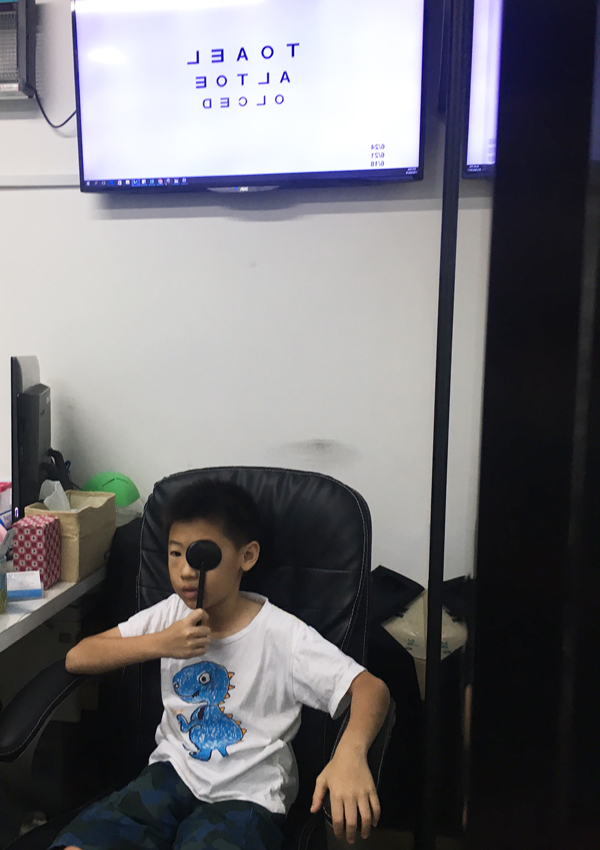
His eye was a little swollen due to rubbing that day, so we had to go back again. That’s the reason why we had two checks.
Ben’s Ortho-K lenses has been ordered last night, and it was like a stone off my chest.
I can breathe now, because the checks have been done twice and custom fitting for the lenses was checked and double checked, and all that’s left to do is to introduce a new sleep time and wake time routine when the lenses arrive and he is pretty much set to get his myopia corrected AND controlled at the same time.
Of course, the hole in the pocket is bigger than if he were just to make glasses but we’re certain that this is really what we want for him: a spectacle-free childhood, and the freedom to see without hassle.

